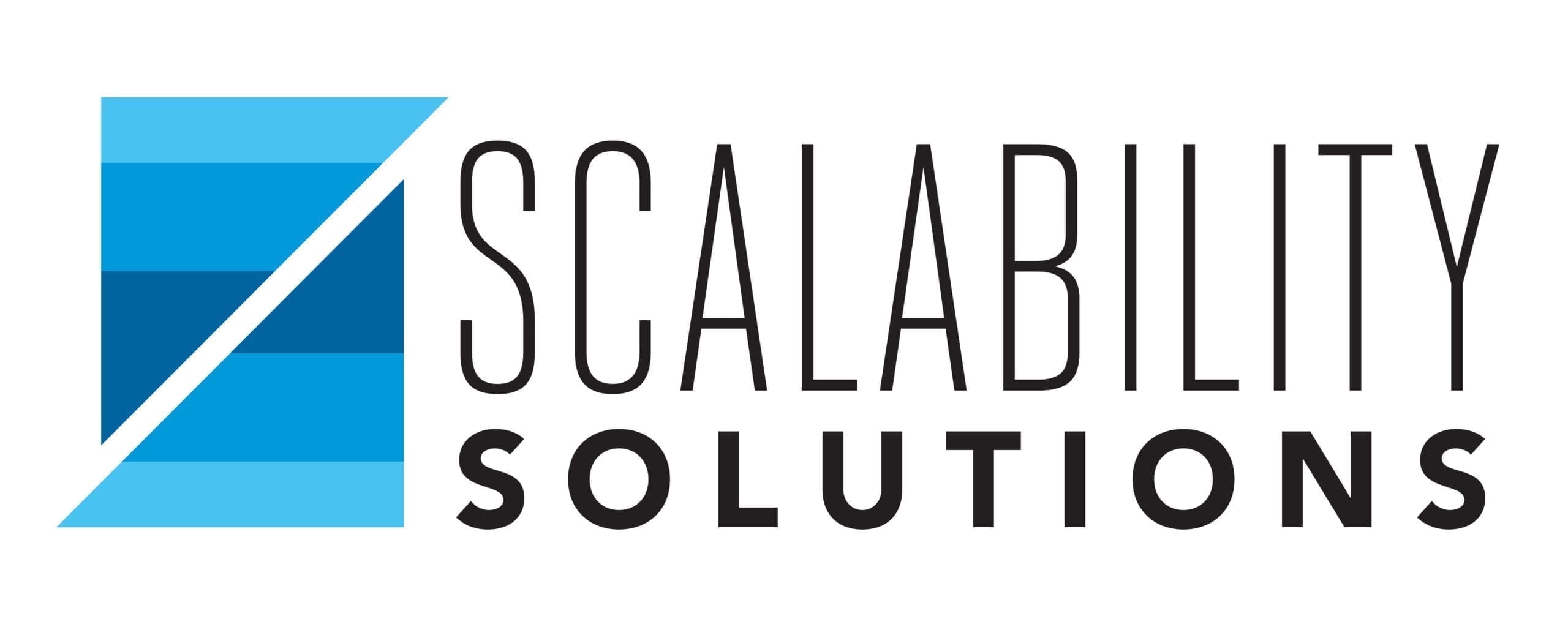If you are a manager, you have probably experienced the pain of spending hours sifting through carefully (and not-so-carefully) crafted resumes, attempting to assess the true character and talent from documents that just slightly differ from each other in formatting and content… Only to realize your interpretation doesn’t match the person sitting in front of you at the interview, or worse, after you have hired them…
What should you look for in a resume?
Not much.
A big lesson that I’ve learned over many years is that experience on a resume does not automatically equate to the person who is the best fit.
Most team leaders have seen resumes that read beautifully and met candidates that could speak very well about that experience, but once hired, demonstrated they lacked the skills necessary to truly succeed on the job. Just because someone is able to talk about their experience, doesn’t mean they were actually good at it.
Some of the best team members I ever had came with very little experience in the exact role or industry for which they interviewed. But, they had a passion for what they were doing, had transferable skills, were truly motivated by learning and being challenged, had the core personality and skills to do the job, and were a great fit for the culture and team.
Did they require a little extra training up front? Yes, though not as much as one would think. The payoffs (increased team morale, long-term productivity, innovation, and financial savings from retention) far outweighed the cost. They were natural self-starters, quick learners, and—most importantly—the best fit for the position based on their core personality.
I’m absolutely not suggesting discounting experience, and sometimes there is just not time or resources to train someone who doesn’t have it. What I am suggesting, however, is to look at the whole person, and not to base hiring decisions on experience alone. I am also suggesting taking the time to think outside the box (beyond job postings, traditional recruiters, etc.) to find those people (attending events, networking, etc.).
Since transitioning from hiring and leading my own teams to creating a business helping clients hire and lead their teams, I’ve seen proof of this with my clients as well.
All that said, there are still a few things I pay attention to in a resume in that very initial screening process when determining whom to interview:
- If the job requires any level of attention to detail, there can be zero errors on a candidate’s resume
- I’m concerned if all of their past positions were fewer than two years. I’ll move them forward if everything else looks great, but they’ll need to speak very well to why they would have staying power at this job
- Experience is a bonus, but absolutely not my only screening factor (unless it is imperative to my clients)
- If they spent 7+ years in their last position and move forward to the next step because everything else looked great, in the interview I’m going to look for their openness to change and doing things differently
- Some progression in their role / demonstration of increasing responsibilities and openness to new challenges is ideal
I always have candidates answer online questions when they apply. Their answers to those questions are significantly more useful than a resume. Blog post on that topic coming soon. Stay tuned!
